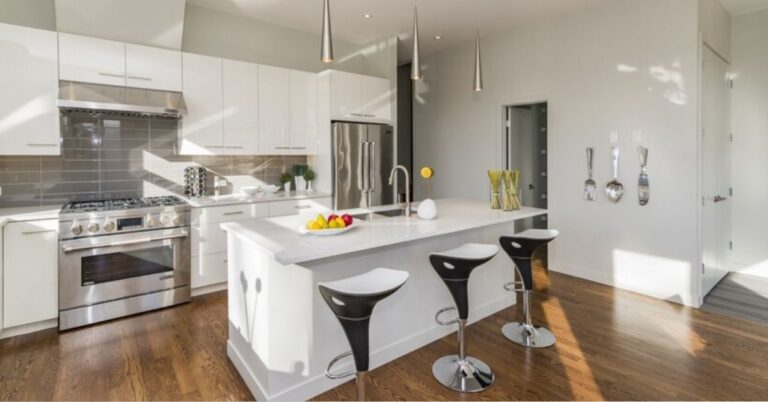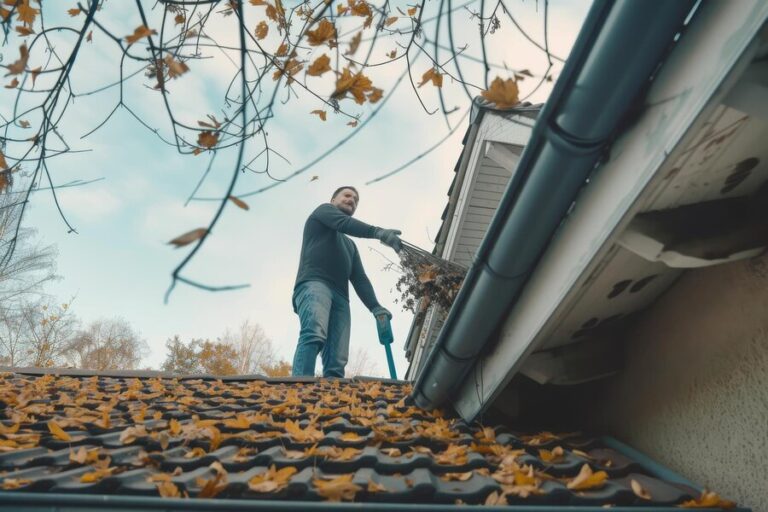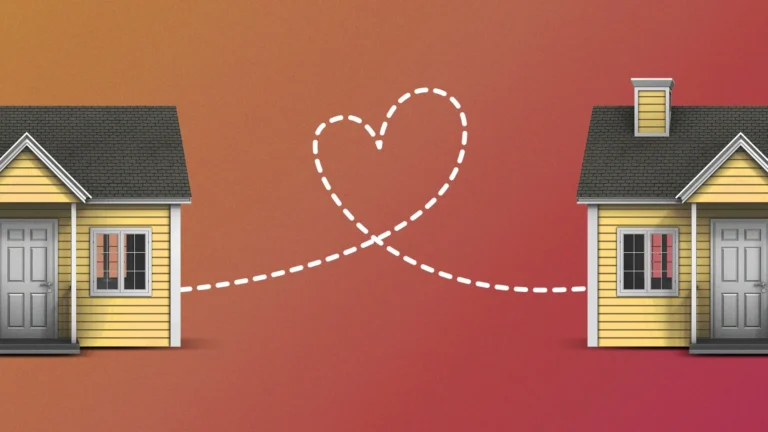The Benefits of Regular Air Conditioning Replacement
Introduction to Air Conditioning Replacement
Maintaining a comfortable indoor environment is essential, especially during scorching summer months. Regular air conditioning replacement ensures that your home remains cool and energy-efficient. It’s not just about comfort but also optimizing energy use and avoiding frequent, costly repairs. Modern advancements in HVAC technology bring significant improvements that old systems can’t match.
Old air conditioning units can become energy hogs and may struggle to maintain your desired home temperatures, leading to increased electricity bills. Moreover, an outdated AC unit is more prone to breakdowns, which can be inconvenient and expensive to fix. Upgrading to a modern system can provide numerous advantages beyond mere cooling efficiency, including better control over humidity and improved indoor air quality.
Signs It’s Time to Replace Your Air Conditioner
Is your air conditioner making strange noises or failing to cool your home efficiently? These might be signs that it’s time for a replacement. Older units often consume more energy and require frequent repairs, leading to higher operational costs. Here are some specific indicators to watch out for:
- Unusual noises, such as grinding or squealing, can indicate worn-out components or mechanical failures.
- Inconsistent cooling or humidity issues. The system can no longer maintain a comfortable indoor environment.
- Frequent breakdowns and repairs can add up costs and cause significant inconvenience.
- Increased energy bills, as older, less efficient units are more costly.
Monitoring these signs can help you decide when to invest in a new air conditioning system, saving you from a total system failure during the peak of summer.
Advantages of New Air Conditioning Systems
Investing in a new air conditioning system offers numerous benefits. Modern units provide better cooling performance, enhanced energy efficiency, and improved indoor air quality. Additionally, many models are equipped with smart technology for more convenient control, such as programmable thermostats and remote smartphone access. These technological advancements allow more precise control of your home’s climate, ensuring optimal comfort. One of the critical advantages of new air conditioning systems is improved energy efficiency, and opting for professional air conditioning installation ensures that the system operates at peak performance, providing reliable comfort and lower utility costs.
New air conditioners are also designed with advanced filtration systems, which can significantly improve indoor air quality by removing dust, pollen, and other allergens. This is particularly beneficial for individuals with allergies or respiratory issues. Furthermore, modern systems operate more quietly, providing a more peaceful home environment.
Energy Efficiency and Cost Savings
New air conditioners are designed to be more energy-efficient, which can significantly reduce your electricity bills. Some say energy-efficient air conditioners use up to 50% less energy than their older counterparts. This not only saves money but also reduces your carbon footprint.
High Seasonal Energy Efficiency Ratio (SEER) ratings and Energy Star certifications on newer models ensure maximum efficiency. The initial investment might be higher, but the long-term savings on energy bills make it worthwhile. Moreover, many utility companies offer rebates and incentives for upgrading to energy-efficient systems, further offsetting the initial costs.
Environmental Benefits of Upgrading Your AC
Upgrading to a new air conditioning system can also have positive environmental impacts. Newer units are built with eco-friendly refrigerants that do not deplete the ozone layer. Additionally, they emit fewer greenhouse gases, contributing to a healthier planet. This aligns with global environmental goals and reduces your household’s carbon footprint.
Modern air conditioners are also designed with more easily recyclable components, helping reduce landfill waste. Energy efficiency and lower emissions are integral to newer models, making them more environmentally friendly. By upgrading, you contribute to a collective effort towards environmental sustainability, which helps combat climate change and promotes a greener future.
Choosing the Right Air Conditioning System
When it’s time to replace your air conditioner, selecting the suitable unit is crucial. Consider your home’s size, cooling needs, and budget. Consulting with a professional can help you make an informed decision that suits your specific requirements and maximizes your investment.
It’s essential to perform a detailed assessment of your home’s cooling demands. The size and layout of your house, insulation quality, and local climate all influence the type of air conditioner you choose. A system that is too small won’t adequately cool your home, while one that is too large will cycle on and off frequently, wasting energy. Professionals can provide guidance tailored to your unique situation, helping you find a system that best balances efficiency and performance.
Professional Installation: Why It Matters
Professional installation ensures that your new air conditioning system functions optimally. A proper installation can lead to inefficiencies and potential malfunctions. A licensed installer will correctly size and set up your unit for maximum performance. They can also provide valuable advice on system operation and maintenance.
Proper installation affects not just the efficiency but also the longevity of your air conditioning system. A well-installed unit runs more smoothly, consumes less power, and requires fewer repairs, saving you money and hassle in the long run. Furthermore, professional installers adhere to local building codes and manufacturer guidelines, ensuring your system is safe and compliant with all regulations.
Maintenance Tips for Longevity
Regular maintenance is vital for prolonging the lifespan of your air conditioning system. Simple tasks such as cleaning or replacing filters can improve efficiency.
Additional maintenance tasks include checking the refrigerant levels, cleaning the coils, and ensuring the thermostat functions correctly. Regular upkeep can prevent many common issues that lead to breakdowns and inefficiencies. By staying proactive with maintenance, you can extend the life of your system and ensure it operates at peak performance.
Conclusion: Invest Wisely for Comfort and Savings
Replacing your old air conditioner with a new, energy-efficient model is a wise investment. It enhances comfort, reduces energy costs, and benefits the environment. Regular maintenance will ensure that your new system lasts for years, providing a relaxed and comfortable living space.
Various factors go into deciding to upgrade your air conditioning system, but the long-term benefits make it a worthwhile investment. Embrace the advancements in HVAC technology to enjoy a more efficient and comfortable home environment.







